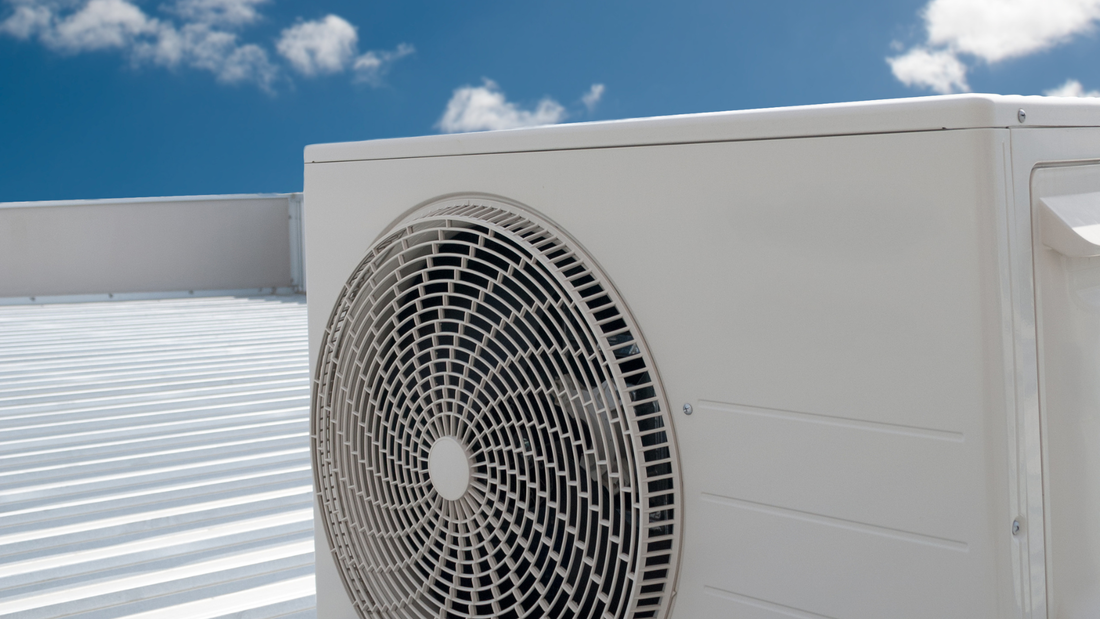|
You can improve indoor air quality by installing a rooftop HVAC unit. The system ensures cleaner and healthier air when properly maintained and utilized, making it an effective solution for indoor environments.
This guide explores how a rooftop HVAC unit enhances your air quality, improving your indoor environment. Read on! Outdoor Air Filtration Rooftop HVAC units have filters and ventilation systems designed to capture and remove particles and pollutants from the outdoor air. This filtration process prevents dust, pollen, allergens, and other harmful substances from entering the building. These units actively draw in fresh outdoor air and filter it before distributing it into indoor spaces, creating a safer and more comfortable environment for occupants. Improved Ventilation Rooftop HVAC units are strategically positioned on the building’s roof, giving them a distinct advantage in distributing fresh air. They can draw in outdoor air and circulate it throughout the building, ensuring a constant supply of clean and oxygen-rich air. These units help dilute indoor air pollutants such as dust, allergens, and volatile organic compounds (VOCs). Improved ventilation is essential in spaces where people spend a lot of time, like offices, schools, and homes, as it reduces the concentration of contaminants and minimizes the risk of health issues. Humidity Control During hot and humid weather, these units help dehumidify the incoming air, preventing a muggy and uncomfortable indoor environment. They pass the warm, moist air through a cooling coil. As the air cools, its moisture condenses and is drained away, leaving the indoor air drier and more comfortable. During cold weather, rooftop HVAC units can add moisture to the indoor air. This is crucial as cold air holds less moisture and excessively dry indoor air can lead to discomfort and health issues. The units can include humidifiers to introduce moisture for a balanced and comfortable indoor environment, enhancing indoor air quality. Noise Reduction Several strategies can be employed to reduce noise in a rooftop HVAC unit. For example, the selection of quieter HVAC equipment and components is vital. Modern units often have noise-reduction features built into their design, such as sound-absorbing materials and vibration isolation systems. These quieter units can reduce the noise generated during operation. Using noise barriers and enclosures around the rooftop HVAC unit can help contain and mitigate noise. These barriers are constructed using sound-absorbing materials and are strategically placed to minimize noise transmission to indoor spaces. Energy Efficiency These systems are designed to provide a controlled and comfortable indoor environment while minimizing energy consumption and environmental impact. Rooftop HVAC units are designed to meet strict energy efficiency standards. They optimize their operation using advanced technologies such as variable-speed motors, energy recovery systems, and programmable controllers. They reduce energy wastage by constantly adjusting to the building's heating and cooling needs and, as a result, decrease operational costs. Improve Your Commercial Property’s Indoor Air Quality Today Following the recommendations outlined in this guide, you can create a safer and more comfortable environment for your employees and customers. At Sun Mechanical Systems, we commit to enhancing indoor air quality and ensuring the well-being of your workforce. Contact us today to get started. Comments are closed.
|
AuthorWrite something about yourself. No need to be fancy, just an overview. Archives
August 2023
Categories |


 RSS Feed
RSS Feed